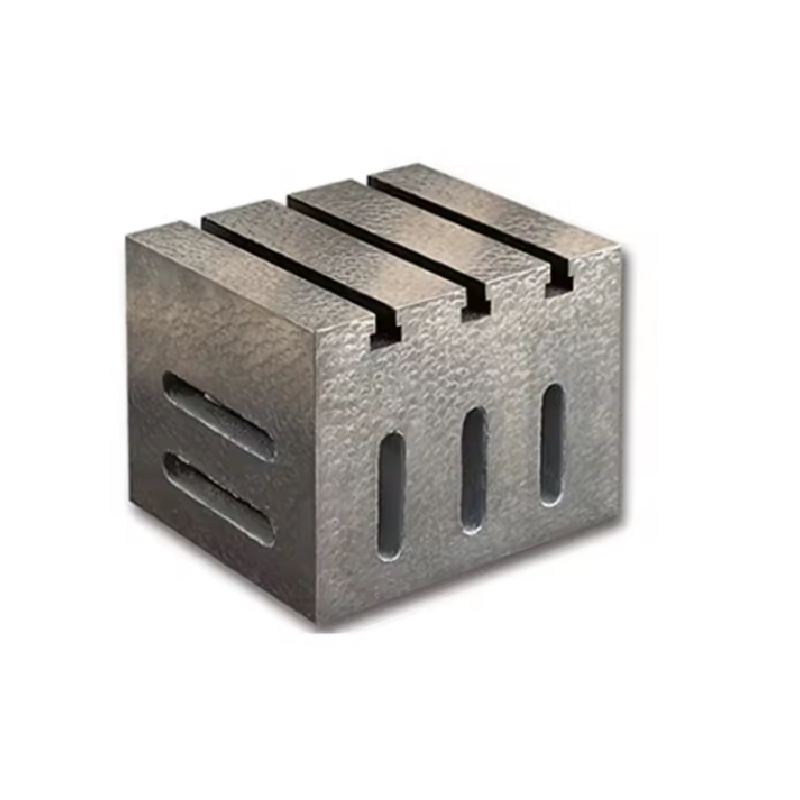Nov . 25, 2024 02:28 Back to list
Understanding the Function and Importance of Water Valves in Plumbing Systems
Understanding Water Valves An Essential Component of Fluid Control
Water valves are integral components in various plumbing and engineering systems, performing essential functions that manage the flow of water in residential, industrial, and agricultural applications. Understanding what a water valve is, how it works, and the different types available can help in various situations, from homeowner repairs to large-scale infrastructure projects.
What is a Water Valve?
A water valve is a mechanical device used to control the flow and pressure of water within a system. By opening, closing, or partially obstructing passageways, valves can regulate the liquid’s flow, redirect it, or completely shut it off. They serve as critical components in plumbing systems, irrigation setups, and in numerous industrial applications, ensuring that water is delivered where and when it is needed.
How Water Valves Work
The fundamental operation of a water valve is relatively straightforward. Valves typically feature a movable component (such as a disk, ball, gate, or plug) that can be adjusted to change the flow path of the water. When the valve is fully open, water can flow freely; when closed, water is blocked. The position of the movable component is usually controlled manually via a handle or lever, although many modern valves are automated, employing electronic or hydraulic systems.
Types of Water Valves
There are several types of water valves, each designed for specific applications and functions. Here are some of the most common types
1. Ball Valve This type of valve uses a spherical ball with a hole in the center to control flow. When the ball is turned to align the hole with the pipe, water flows through; when it is turned perpendicular, the flow stops. Ball valves are known for their durability and ability to seal tightly.
2. Gate Valve A gate valve operates by lifting a metal gate out of the path of the water. These valves are typically used in applications where a straight-line flow of liquid and minimum flow resistance are desired. However, they are not suitable for throttling purposes, as they can become damaged if left partially open.
what is water valve

3. Globe Valve Globe valves are designed for throttling flow. They contain an internal baffle that creates a larger surface area for the water to pass through. While they are efficient at regulating flow, they also create more resistance than other valve types.
4. Check Valve This type of valve allows water to flow in one direction only, preventing backflow that can cause contamination or damage. Check valves are crucial in systems where maintaining the direction of flow is essential.
5. Butterfly Valve Butterfly valves use a rotating disc to regulate flow. They are lightweight, easy to operate, and can be used for large volumes of water, making them suitable for commercial and industrial applications.
Applications of Water Valves
Water valves are used in a myriad of applications. In residential plumbing, they are found in various fixtures, including sinks, toilets, and irrigation systems. In industrial settings, they control water flow in cooling systems, waste treatment plants, and manufacturing processes. In agriculture, valves manage water distribution across irrigation fields, ensuring crops receive adequate moisture.
Maintenance and Troubleshooting
Regular maintenance of water valves is crucial to ensure their longevity and optimal performance. Homeowners should periodically inspect valves for signs of leaks, corrosion, or wear. If a valve becomes difficult to operate or develops leaks, it may need to be serviced or replaced. Proper lubrication can also help in maintaining valve functionality.
In larger systems, such as those found in industrial processes, regular inspections and scheduled maintenance can prevent costly downtime. Automated systems may require additional monitoring to ensure that electronic controls are functioning correctly.
Conclusion
Water valves play a critical role in managing fluid flow across numerous applications. By understanding the types of valves available and their respective functions, individuals and professionals can make informed decisions regarding their plumbing and fluid control systems. Whether addressing a plumbing issue at home, optimizing industrial processes, or developing agricultural systems, an appreciation for the role of water valves is essential for effective fluid management.
-
Precision Manufacturing with Advanced Spline Gauge DesignNewsJul.31,2025
-
Industrial-Grade Calibrated Pin Gauges for Exact MeasurementsNewsJul.31,2025
-
Industrial Filtration Systems Depend on Quality Filter DN50 SolutionsNewsJul.31,2025
-
High-Performance Gate Valve WholesaleNewsJul.31,2025
-
Granite Surface Plate The Ultimate Solution for Precision MeasurementNewsJul.31,2025
-
Granite Industrial Tools The Ultimate Guide for Bulk BuyersNewsJul.31,2025
Related PRODUCTS









